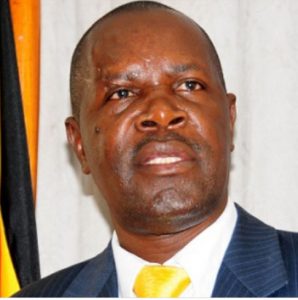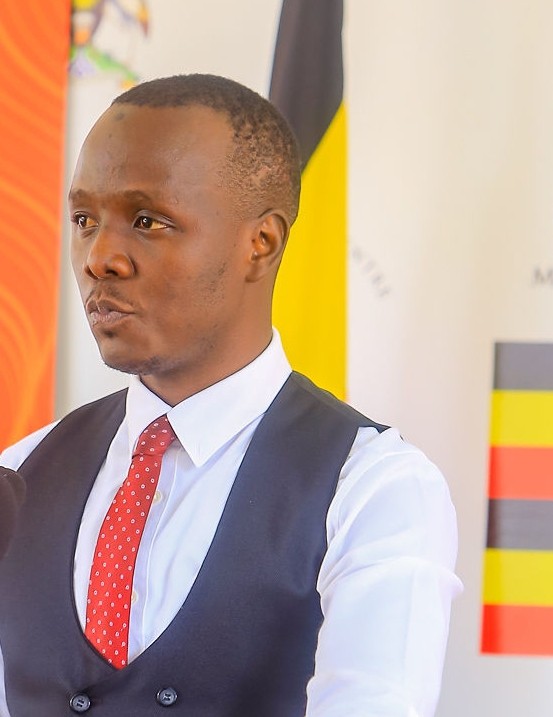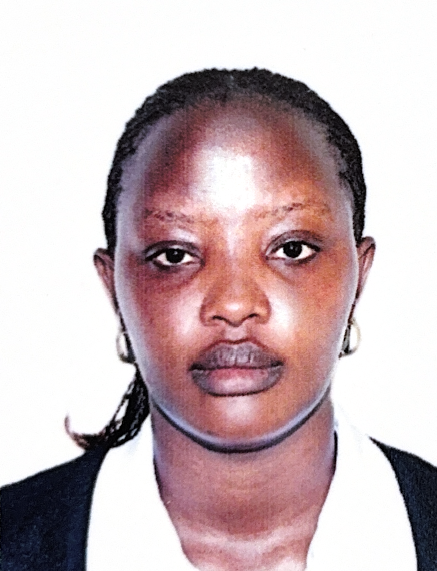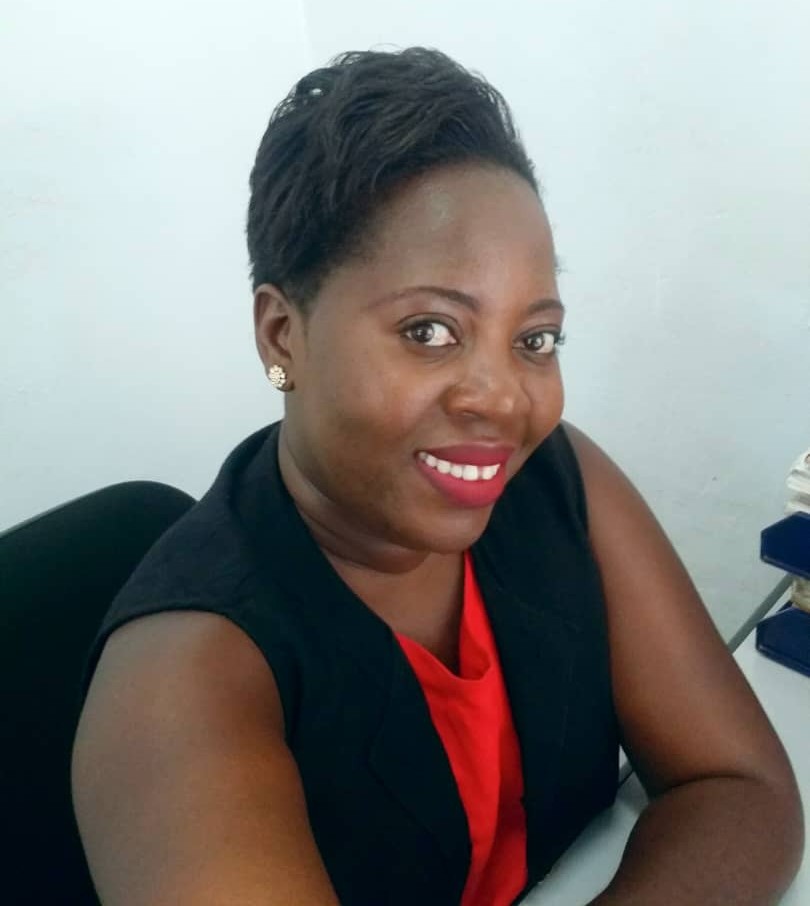
FR. GAETANO TIBANYENDA, FR. MUSAALA; BALANCING BIRDS OF A FEATHER
Two controversial Catholic priests, Fr. Gaetano Batanyenda of Kigezi, and Fr. Anthony Musaala of Buganda are making the political heads turn this election campaign season, both on the ground and social media, and am saying Kigezi and Buganda, broadly to paint with a thick brush. It reminds of another Catholic priest photographed holding a calculator in front of President Yoweri Museveni towards the 2021 elections. For those who didn’t know, Fr. Batanyenda, first came to the partisan political limelight in 1994 when President Museveni nominated him among the ten Special nominees to the Constituent Assembly (CA) that debated and promulgated the 1995 Constitution. He was, a controversial CA delegate and member of the then NRM caucus who steadfastly defended the NRM political line to the end including shutting out the immediate return to multiparty democracy, and Mengo’s quest for Federo (tribal federalism). Along the way, for undisclosed reasons, he fell-out with Museveni and much of NRM, although some people speculate that he could have expected to climb higher which Museveni did not offer. So, he later turned his support to Warren Smith Kizza Besigye who had become the opposition supremo, later Forum for Democratic Change (FDC) guru, and four-time unsuccessful presidential candidate whose ambitions stumbles on. Batanyenda has been so publicly often unnecessarily vitriolic, toxic and unrestrained that his new change of the political election heart, offering ‘blessing’ to NRM Presidential candidate, YK Museveni, this week at a public campaign rally in Kabale came as a surprise, and should be taken with a pinch of salt. Attention-seeking or relevance are both in order. And well, if the tidings are genuine and positive, there should be little reason to complain. Love at first, second and third sight. At another pole, Fr. Musaala, once excommunicated from priestly duties by Archbishop Cyprian Kizito Lwanga (RIP), for advocating ending celibacy, is making rumbling innuendoes on social media, that he posts especially on Tik Tok platform. A few weeks ago, to the surprise of many election watchers, Musaala said, sarcastically, that there was no impeding downpour from the skies, and therefore, Ugandans don’t need an umbrella to shelter under. In Uganda’s political speak, the umbrella, is the election symbol for the buoyant, main political opposition party, the National Unity Platform (NUP) whose leader, Robert Kyagulanyi aka, Bobi Wine is a presidential candidate for the second time, although with little, if no chance of winning. For context, Musaala, was among catholic priests in Buganda, who during the 2021 elections were publicly against Museveni, and routing for Kyagulanyi and NUP. A confession, at the public box, though not near redemption, isn’t bad. Many have understood Fr. Musaala’s sarcasm, to be admonishing NUP leadership, perhaps out of disappointment. And since then, Fr. Musaala continues posting more political sarcasm pointedly towards the opposition. But whatever is lying behind or underneath these developments, NRM supporters should smile. Museveni, a long-experienced political-chess player, could be proving, once more, that he is a political magician, even a witch. No one ever expected that Aggrey Awori (RIP), Beti Olive Namisango Kamya, Beatrice Anywar, Norbert Mao, or Dr Patrick Wakida, after so much and prolonged angry verbose, could join, and now, Lt. Gen. (rtd) Henry Tumukunde would rejoin Museveni, and running for parliament on NRM flag! Welcome back, comrade Tumukunde. So, with Kyagulanyi, and his sideshow men Louis Rubongoya and Benjamin Katana, it is advisable to move cautiously while tackling them, because tomorrow, perhaps, even now, could be on Museveni’s bidding. The grapevine. And when you see, five presidential candidates against Museveni in previous elections, Beti Kamya, Abed Bwanika, Prof. Venacious Baryamureba, Amama Mbabazi, Tumukunde, and Patrick Oboi Amuriat now cozying up, you have to put your hat off for Museveni.
BY OFWONO OPONDO





